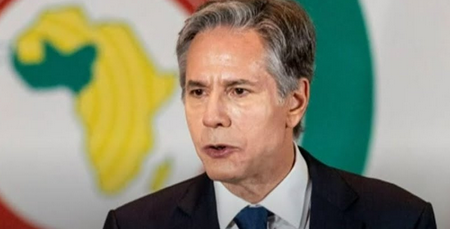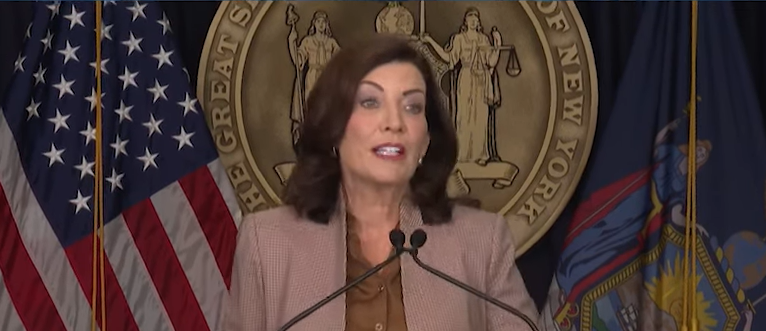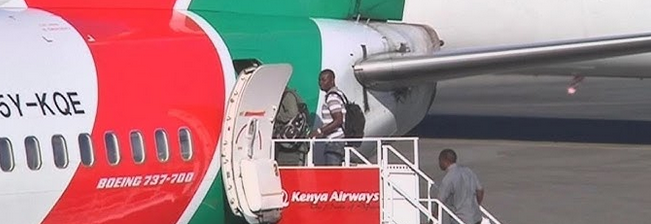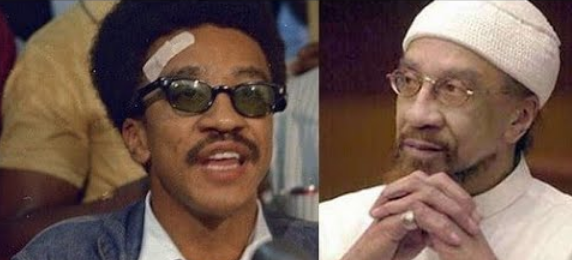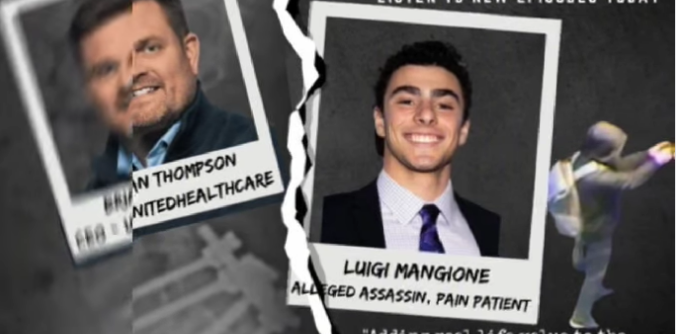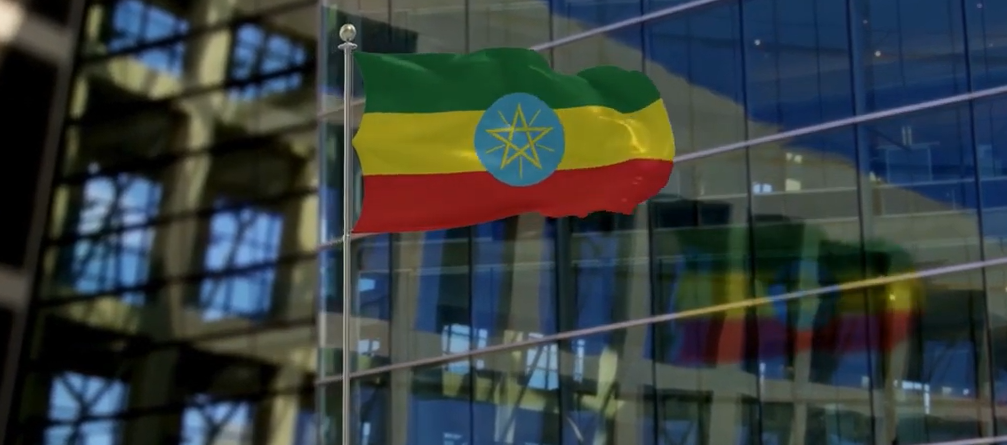Photos: Young African Leaders Initiative\US Embassy\YouTube
On the heels of his trip to South Africa, Rwanda, and the Democratic Republic of the Congo, Secretary Blinken joined young members of the African diaspora and several Mandela Washington Fellows for a conversation at the Swahili Village Restaurant in Washington, D.C. Before opening the floor for discussion, the Secretary underscored the importance of U.S.-Africa interconnectedness and the power of exchanges such as the Mandela Washington Fellowship, which build bridges between our countries, cultures, and communities.
The Fellowship is the flagship exchange program of the Young African Leaders Initiative.
Whether it’s combatting COVID-19 or climate change, defending human rights and access to education, or working to strengthen our democracies, Secretary Blinken emphasized that it is more important than ever for the United States and African countries to find ways to collaborate and coordinate.
Secretary Blinken full remarks can be found here.
Here are some highlights from Secretary Blinken’s address:
“This trip, again, underscored for me that so many issues that we now consider global priorities and that we’ve talked about – including, for example, the interconnectedness of our health and our climate – are actually championed first in Africa by African citizens and nations. In South Africa and beyond, we heard how our respective civil rights movements had inspired and energized each other over the generations, and we still find that today.”
“And precisely because Africa represents so much of the future as well as the present, it’s in our interest to find ways to deepen our cooperation. The partnership that we’re looking for extends well beyond government. It goes to civil society and NGOs; it goes to the private sector; it goes to citizens more broadly. And we had an opportunity on the trip to connect across these many different groups…”
“The main point for our strategy is this: It doesn’t treat democracy as an issue where Africa has problems and the United States has solutions. On the contrary, it recognizes that we all have challenges in strengthening our democracies, making sure they’re resilient, and it’s everything from misinformation to inequity. And we have a real stake in learning from each other.”
Source: U.S Department of State
